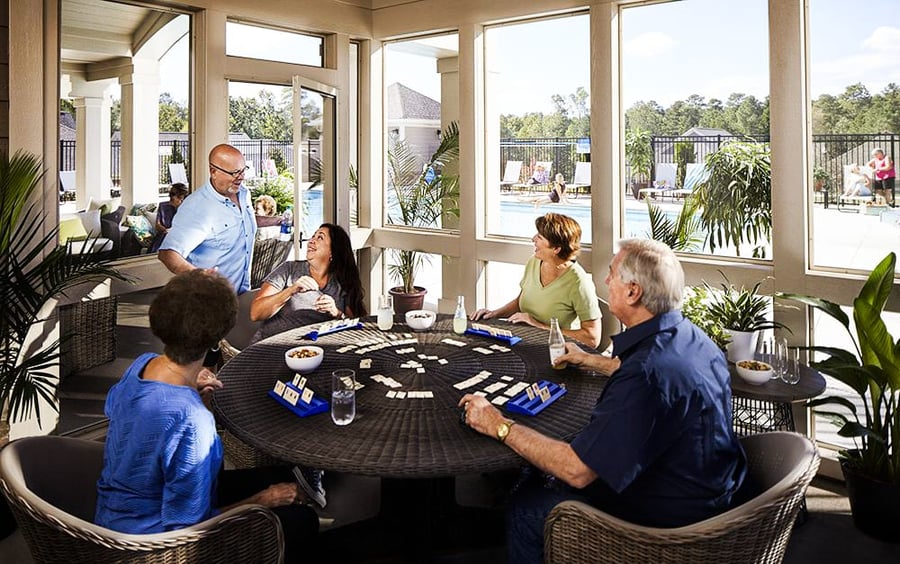
Maintaining a close group of friends as you age can be difficult. Something that starts off as easily as knocking on a front door asking if so-and-so can go play can turn into scheduling dinner with a friend three weeks in advance—and then rescheduling two times. As interests change and people move on in their lives, friendships tend to go by the wayside in favor of jobs, kids, and family.
Take your twenties, for example.
Friendships were probably one of your top priorities at this age. Typically, there is simply more time to dedicate to cultivating deep relationships in your twenties between college classes or work. Perhaps there isn’t much else to yet take precedence, like a spouse, aging parents, or kids. You’re also most likely to live in a place where you can find a friend at every turn: a college class, local coffee shop, or even a young professional networking group.
Your twenties are a time of discovery: of yourself, your interests, and your values. In this stage of life, friendships can help you flesh out who you are, and as you become more confident in that identity, you may begin to seek out people who share those values.
After their twenties, people tend to start settling down, whether they graduate from college and accept a job a few states away or get married and start their own families. Often, your social circle shrinks as you and your friends start prioritizing different things. After all, skipping lunch with a friend is much easier than missing your daughter’s first dance recital or a career-changing meeting.
Things are different in your fifties.
As a more mature adult, friendships may not be as high on your list of priorities. People tend to be more solid in their identities than they were in their twenties. You may be taking care of aging parents, finishing or in the midst of raising kids and/or grandkids, and working to keep your marriage strong and healthy. With things like these consuming your time and your emotional bandwidth, it’s now necessary to call or text your friend to two weeks in advance to schedule a meetup for the one hour you actually have free.
As a result, making friends later in adulthood can require more commitment than it did in your twenties. You may find you have close acquaintances but not close friends like when you were younger. These acquaintances may have been made out of convenience rather than shared values—the parents of your child’s best friend, your next door neighbor, or a co-worker. It’s easier to create some semblance of friendship with people who are already in your life than to go out and find people you have more in common with.
Creating deep, meaningful relationships later in life is a proactive choice. Active adult communities provide a space for individuals in similar life stages to cultivate friendships that last (kind of like college, but more grown up). Places like Iowa’s Epcon communities provide beautiful communal gathering spaces and activities to help you forge new friendships and give them space to blossom and grow.
Active adult communities can also give you the opportunity to personalize your home to create the ideal space for gathering with the people you love and the people you want to get to know better. Low-maintenance living gives you more time to reach out and actually meet with those friends you haven’t heard from for awhile because you aren’t spending all of your time mowing your lawn or shoveling the drive.
Living in a social community with a diverse population can provide you with the village you may need. If you’re interested in learning more about making like-minded friends in an active adult community or other ways to prepare for the next chapter of your life, subscribe to our blog!
